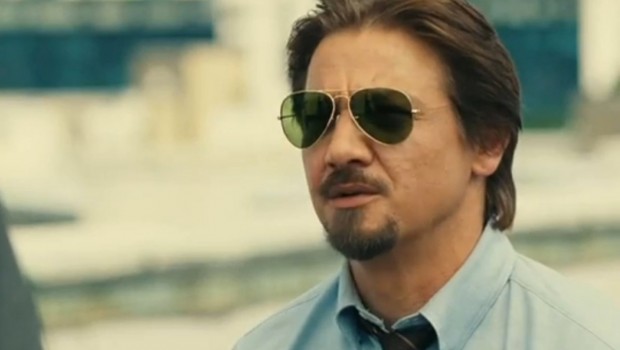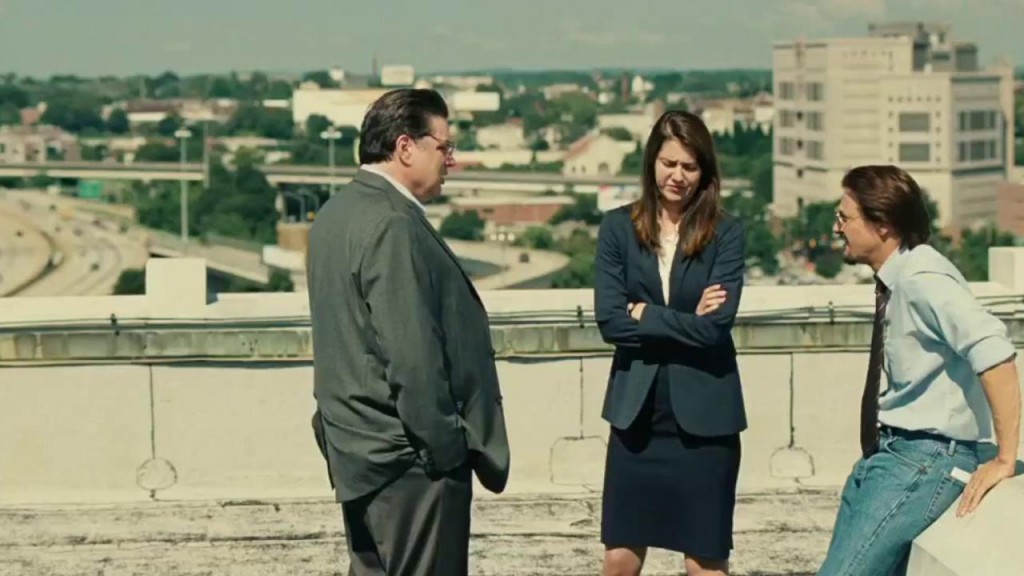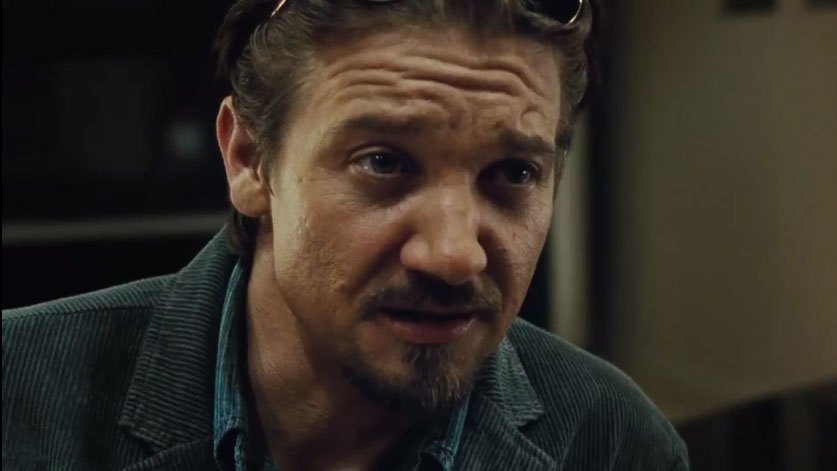Kill the Messenger – Film Review
Reviewed by Damien Straker on October 30th, 2014
Transmission presents a film directed by Michael Cuesta
Produced by Jeremy Renner, Naomi Despres, Pamela Abdy and Scott Stuber
Written by Peter Landesman, based on ‘Kill the Messenger’ by Nick Schou and Dark Alliance by Gary Webb
Starring: Jeremy Renner, Barry Pepper, Oliver Platt, Michael Sheen, Michael K. Williams, Mary Elizabeth Winstead and Andy García
Music by Nathan Johnson
Cinematography: Sean Bobbitt
Editing: Brian A. Kates
Running Time: 112 minutes
Rating: M
Release Date: October 30th, 2014
From the late 1970s to the early 1990s rebel groups known as the Nicaraguan Contras were anti-communists, fighting the socialist governments in Central America. The largest organisations were the FDN (Fuerza Democratica Nicaraguense), funded by the US government under the Reagan administration. The American Congress outlawed support of contras but secretly, the government and the CIA continued aiding them. Major liberties included allowing contras to sell drugs from San Francisco to the Bloods and Crips gangs in Los Angeles, leading to the crack epidemic still affecting African Americans today, and providing asylum to drug traffickers.
The drug money was used by the CIA-supported contras to buy arms and fight their wars against the governments. The story, first investigated by John Kerry in the 1980s, was ignored by the mainstream press until 1996, where San Jose Mercury News journalist Gary Webb revealed, in detail, the scandal. His use of the Internet to store and share findings was innovative but his credentials and information were discredited by major newspapers like the Washington Post, forcing him to relocate to a local office and report on small stories. In 2004 he was found dead from two gunshot wounds to the head, which was deemed suicide.
It is an extraordinary story and being dramatised in this film by Michael Cuesta (director of several Homeland episodes) it requires our full attention to comprehend the extensive and sometimes confusing labyrinth. Viewed almost entirely from the perspective of Webb, played by Jeremy Renner (The Hurt Locker, The Bourne Legacy), the film is unashamedly a tribute to Webb’s character as a writer of integrity and advocate of authenticated journalism. The film stresses the need for unregulated press, an obvious but pivotal note when governments today reduce the amount of information in our lives. Most painfully, the film reminds us of the poor treatment of minority groups like African Americans and the disdain show towards them by political parties. Some of the film’s reasons for existing are broad and obvious but others are timeless reminders of ongoing social problems, which adds value to its existence.
Despite the fascinating material, the film’s uneven script by journalist Peter Landesman, adapting the books of Webb and Nick Schou, does not transcend the “Liberal Truth Quest” framework. The template isn’t to be criticised for left-leaning values but diligently following predictable story beats, borrowed from similar conspiracy films like Green Zone and Fair Game. The stages of the plot are familiar, unfolding as “The Investigation” and “The Exposure”, followed by “Paranoia” where Webb is watched by big black cars and the threats become more intrusive and psychological. The derivative progression of the acts in these liberal thrillers makes each issue between the films seem increasingly interchangeable. Shot by Steve McQueen’s regular photographer Sean Bobbitt, it is a thriller short on memorable stylisation, favouring Paul Greengrass-like handheld camerawork, tight framing and tracking shots and a grey and drab colour scheme.
Kill the Messenger is still informative and the film’s intensity generates from Renner, who is charismatic as Webb. Sporting a balbo beard, he does not look as ordinary as the real Webb. Yet the sarcastic humour and the fear in his eyes, supplied through close-up shots, like in a darkened car park and in a window, enhances the suspense and shows how affected he is as the screws turn. The quality of Renner’s acting masks how Webb is a transparent cipher for honest journalism, most overtly pronounced in a speech where he describes how telling the facts is the only thing he ever wanted to do. While not entirely clean, there is a family secret which has forced himself and his family to relocate and when this is exposed it conventionally places the respect Webb’s family, particularly his son, has for him at risk. Landesman’s script suffers from not providing enough room for other characters to be fully realised, a disappointment considering the talent including Oliver Platt and Mary Elizabeth Winstead as Webb’s Mercury colleagues, and Michael Sheen and Andy Garcia in small roles. While I was grateful to learn about this important story, the film only receives a pass mark for bringing it to our attention and for Renner, who as the star and producer was understandably passionate about the project.
Summary: While I was grateful to learn about this important story, the film only receives a pass mark for bringing it to our attention and for Renner, who as the star and producer was understandably passionate about the project.









